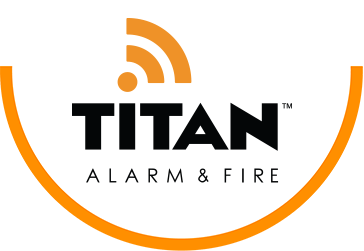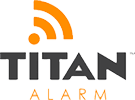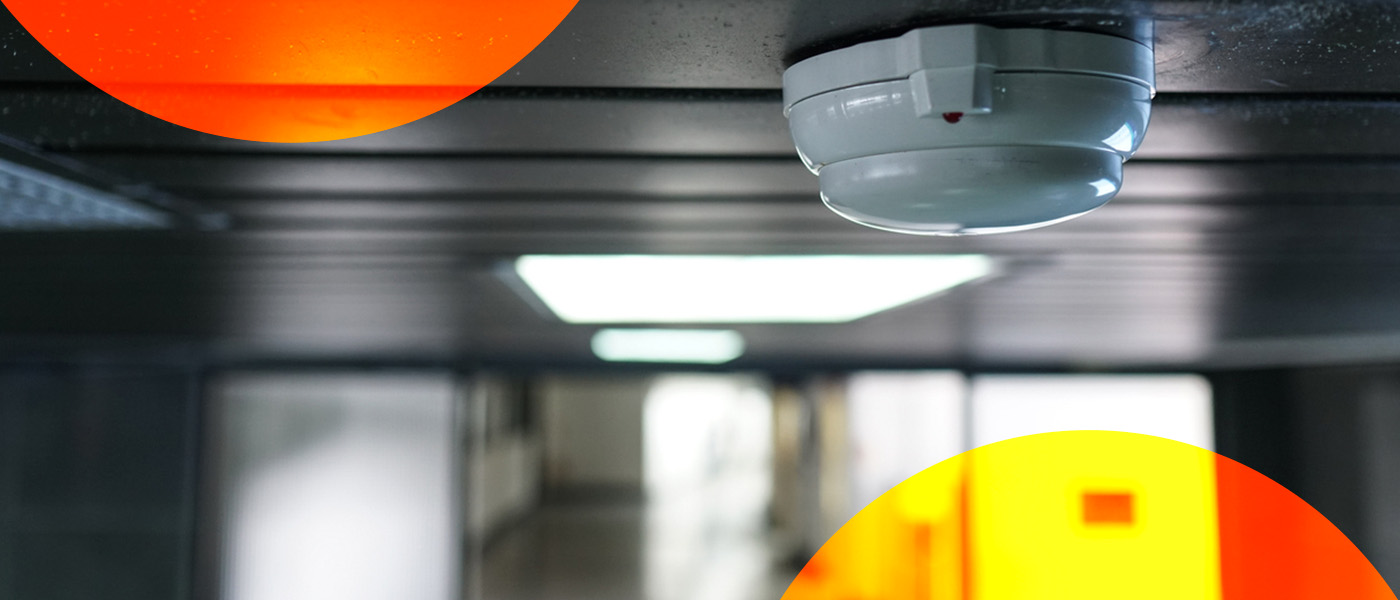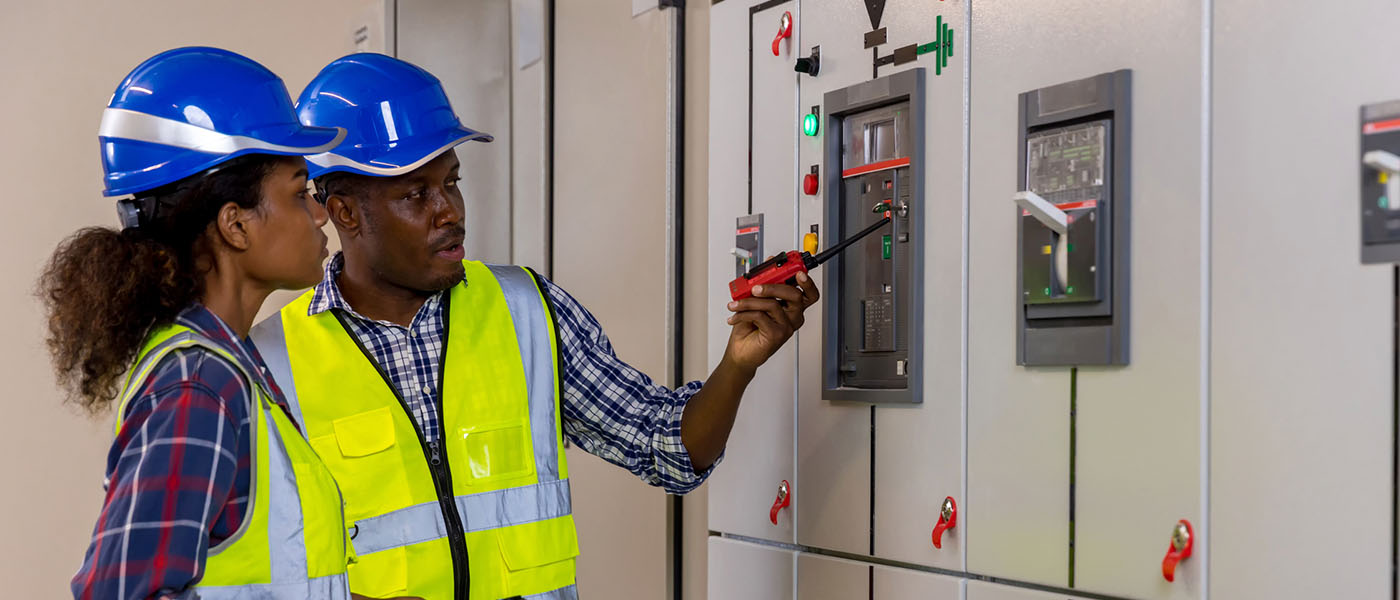As a business owner, you’ve likely considered installing security and monitoring systems to keep your employees and premises safe from accidents, fires and intruders. Carbon monoxide is another significant but preventable industrial safety hazard, so you must know how this toxic, flammable gas can become a threat and how to mitigate it. Read this guide to get answers to essential carbon monoxide safety questions and learn how to protect your assets.
Why Should Businesses Monitor Carbon Monoxide Levels?
When fossil fuels like oil, propane, natural gas and coal burn, they release carbon monoxide gas, a substance harmful to humans in low amounts and deadly when more abundant. The gas has earned the nickname “the silent killer” because it is colorless and odorless, so people only realize it’s there once they feel its harmful effects. You should monitor your CO levels for three crucial reasons.
1. Ensure Employee and Customer Safety
Carbon monoxide poisoning hospitalizes over 14,000 people annually. When someone inhales carbon monoxide, it binds to hemoglobin in their bloodstream, taking up the space where oxygen should be. That leads to hypoxia that can cause headaches, nausea, disorientation, vision loss, heart problems, brain damage and even death in previously healthy people. Those with chronic health problems like anemia, heart disease and asthma are at even higher risk of injury.
2. Protect Property and Smooth Operations
Your facility, equipment and products are at risk if too much carbon monoxide is in the air. Excess CO can speed up corrosion in high temperatures through a chemical process called metal dusting, shortening the life span of pipes, fans, vehicles and other metal equipment. High carbon monoxide levels may also interfere with sensitive instruments like sensors and electronics, and it could compromise your products’ quality.
3. Comply With State and Federal Safety Regulations
The U.S. has several federal and state laws to regulate carbon monoxide monitoring for businesses.
- The Americans With Disabilities Act: The Americans With Disabilities Act states that employers must provide a safe and healthy work environment for all their employees, including those with medical conditions. Any workplace at risk of CO contamination should proactively protect their staff, especially chronically ill people who are more medically vulnerable.
- U.S. labor laws: The Occupational Safety and Health Administration prohibits enclosed workspaces from having more than an average of 50 parts per million of carbon monoxide over an eight-hour period. They also require regular carbon monoxide testing with certified equipment.
- National Fire Protection Association standards: The 2024 NFPA 101 Life Safety Code includes new guidelines for including carbon monoxide detection devices in commercial buildings to meet building code requirements.
- The Federal Clean Air Act: The Federal Clean Air Act aims to prevent air pollution by regulating toxic gases, including carbon monoxide. It highlights the importance of responsible ventilation and proper monitoring of CO levels indoors and outdoors.
- State, county, and city regulations: Most states now require workplaces to have carbon monoxide detectors. Even in states without explicit requirements, counties and cities often have air quality rules, like Arizona’s Maricopa County emission regulations.
Which Industries Are at High Risk for Carbon Monoxide Poisoning?
While all businesses should furnish their premises with carbon monoxide detectors, some are at elevated risk. Businesses that burn fuel for heating, cooking or transportation should be extra vigilant about their CO levels. These industries are particularly susceptible to carbon monoxide pollution.
- Factories and warehouses: Manufacturing and storage facilities often use vehicles like forklifts and generators powered by fossil fuels, emitting toxic fumes.
- Restaurants and industrial kitchens: Gas stoves powered by propane or natural gas could malfunction or leak, releasing carbon monoxide as a byproduct.
- Hotels and in-patient clinics: Communal living facilities usually have heating systems like furnaces and boilers that run on oil or gas, which could cause CO buildup without adequate maintenance.
- Indoor parking garages: Cars, trucks, motorbikes and scooters all produce carbon monoxide as a byproduct, so improperly ventilated parking garages quickly fill with toxic gas.

How Can You Prevent CO-Related Industrial Safety Hazards?
You should take four crucial steps to prevent carbon monoxide poisoning in your staff and clients and protect your equipment from damage.
1. Implement Staff Training and Safety Protocols
Teach your employees how to safely operate machinery and what to do if a malfunction or mistake happens. Provide staff with information on the first signs of carbon monoxide poisoning — shortness of breath, fatigue, headaches and nausea — and give them specific instructions about who to call and where to go if CO levels spike.
2. Ensure Your Workplace Is Well-Ventilated
Inadequate ventilation is a top cause of carbon monoxide poisoning, particularly in places with many gas-powered vehicles or machines that run on combustion. Vents and extractor fans remove CO buildup from the area and send it outside. While you should still address the cause of the buildup if something goes wrong, proper ventilation lessens the damage.
3. Conduct Regular Maintenance and Inspections
All vehicles, equipment and machinery that run on fossil fuels should receive regular maintenance to ensure they’re safe to use. You should also have your ventilation systems inspected and repaired at least once a year — twice if you run an at-risk facility like a factory, hotel or restaurant.
4. Install Modern Gas Detection Technologies
Installing wireless detection devices throughout your building is the most critical step you can take to prevent carbon monoxide poisoning as a business decision-maker. These detectors can read CO levels in the air using a sensor that houses a chemical reaction. The stronger the chemical reaction, the higher the electrical current it produces, letting you know if there is a dangerous amount of carbon monoxide in the air.
Which Carbon Monoxide Detector Should You Install?
The best CO monitors for businesses sound an alarm when they detect unsafe levels. Anyone inside the building can immediately evacuate to protect their health, and you’ll know that you need to resolve an issue like faulty equipment, a lack of ventilation or a leak. However, not all CO monitoring alarms are equal, so choose a reputable, certified company and avoid purchasing cheap detectors through online shopping outlets.
Wireless Detection Devices Built Into Your Security System
An even better option is to work with a company like Titan Fire & Alarm that installs security and monitoring systems as an integrated unit. If your smoke alarm, security alarm and carbon monoxide detector are all part of the same system, you’ll save time, effort and space while building a steadfast relationship with a single company you can trust and rely on. You can also use a convenient smartphone app to monitor your business from anywhere in the world.

Rely on Titan Alarm & Fire to Preserve Your Business’ Safety
Titan Fire & Alarm stays ahead of emerging trends in security and monitoring systems to provide our clients with the most efficient, streamlined service possible. If your business is in Phoenix, Tucson or the surrounding communities, we can fortify your Arizona premises with wireless detection devices, alarms and preventive solutions for carbon monoxide, fire, intrusions and much more. Contact us today to schedule your consultation and enter the new age of integrated, all-in-one security systems.






